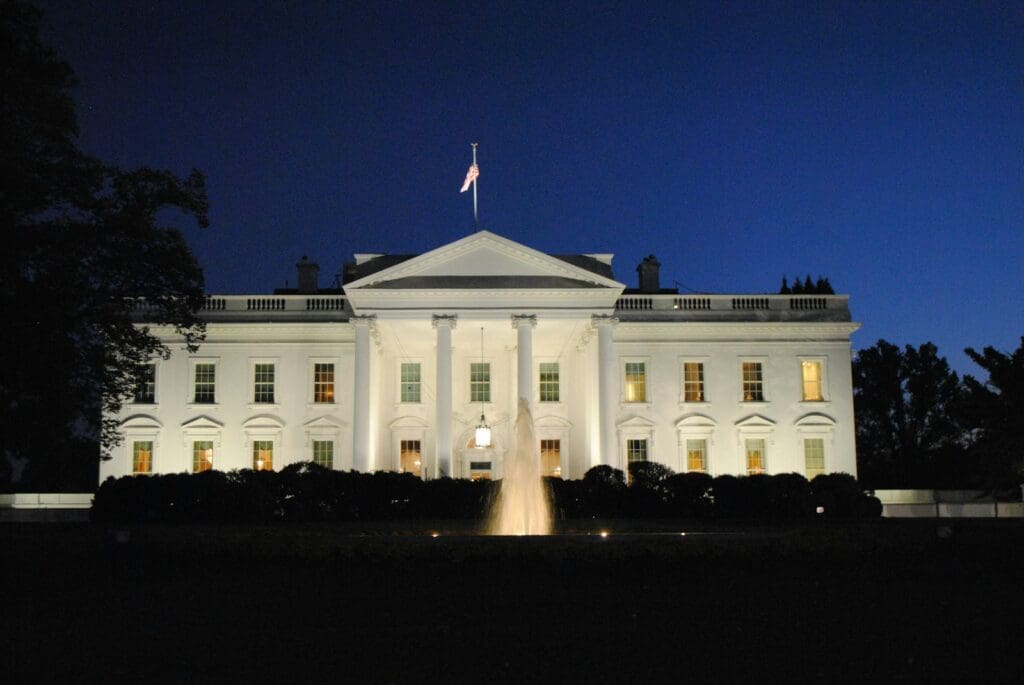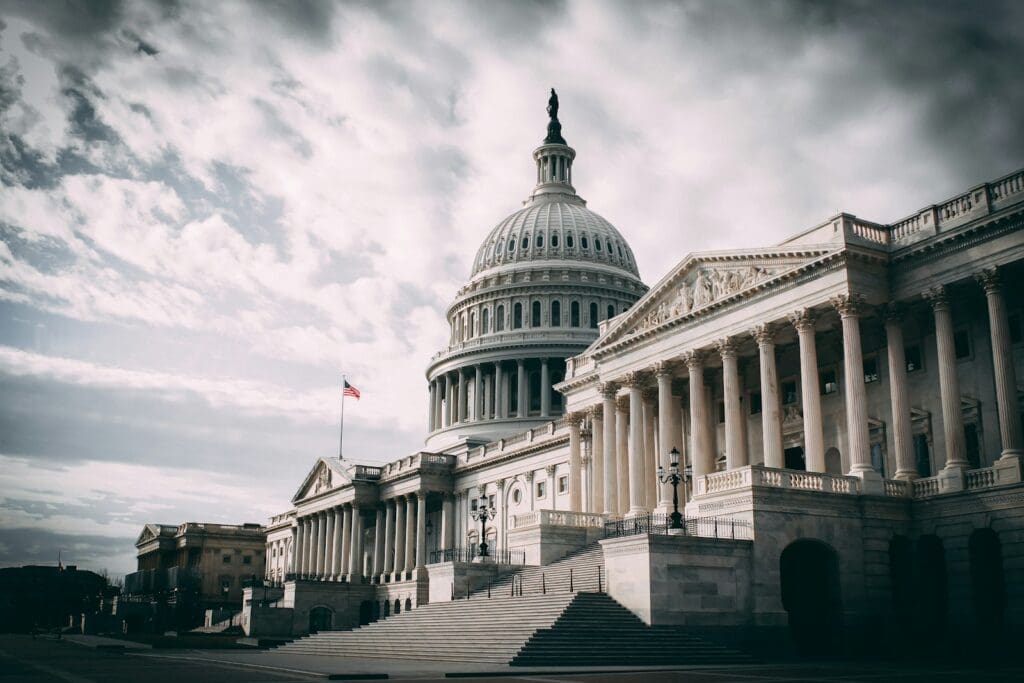Throughout history, women have played pivotal roles in shaping the world we live in today. From defying societal norms to challenging gender barriers, these remarkable women have left an indelible mark on history. In this article, we will delve into the lives and achievements of ten influential women who have changed the course of history. Their stories serve as a testament to the power of resilience, determination, and the limitless potential of women.
Cleopatra (69 BCE – 30 BCE):
Cleopatra, the last active ruler of the Ptolemaic Kingdom in Egypt, was known for her beauty and political prowess. She forged alliances, led her country, and successfully navigated the treacherous political landscape of ancient Rome. Cleopatra’s charisma and intelligence continue to fascinate historians and inspire women today.
Joan of Arc (1412 – 1431):
Joan of Arc, the French heroine, defied the norms of her time by leading the French army to victory during the Hundred Years’ War. Despite being a young peasant woman, she rallied troops and played a crucial role in the coronation of King Charles VII. Joan’s courage and unwavering faith made her an enduring symbol of female empowerment.
Marie Curie (1867 – 1934):
Marie Curie was a groundbreaking scientist who revolutionized the field of radioactivity. She became the first woman to win a Nobel Prize and the only person to receive Nobel Prizes in two scientific areas. Curie’s dedication to her research, despite facing significant gender discrimination, serves as an inspiration for women in STEM fields.
Rosa Parks (1913 – 2005):
Rosa Parks, often called the “Mother of the Civil Rights Movement,” played a pivotal role in the fight against racial segregation in the United States. By refusing to give up her bus seat to a white passenger, she sparked the Montgomery Bus Boycott, a significant turning point in the civil rights struggle. Parks’ act of defiance continues to inspire generations fighting for equality.
Emmeline Pankhurst (1858 – 1928):
Emmeline Pankhurst was a leading suffragette and a prominent figure in the fight for women’s right to vote in the United Kingdom. Her militant activism and determination led to the eventual passing of the Representation of the People Act in 1918, which granted some women the right to vote. Pankhurst’s relentless pursuit of gender equality laid the foundation for future feminist movements.
Frida Kahlo (1907 – 1954):
Frida Kahlo, the renowned Mexican artist, used her vibrant paintings to express her pain, identity, and resilience. Through her art, Kahlo challenged societal norms surrounding femininity, disability, and Mexican identity. Her work continues to inspire artists and feminists alike, highlighting the importance of self-expression and embracing individuality.
Malala Yousafzai (1997 – Present):
Malala Yousafzai, a Pakistani activist, has become a global symbol of education and girls’ rights. Despite surviving an assassination attempt by the Taliban, Malala’s unwavering dedication to promoting education for all led to her becoming the youngest-ever Nobel Prize laureate. Her advocacy serves as a reminder that young women can be powerful agents of change.
Amelia Earhart (1897 – Disappeared in 1937):
Amelia Earhart, a pioneering aviator, shattered gender stereotypes by becoming the first woman to fly solo across the Atlantic Ocean. Her fearless spirit and determination inspired women around the world to pursue their dreams. Although her final flight remains a mystery, Earhart’s legacy as a trailblazer in aviation endures.
Wangari Maathai (1940 – 2011):
Wangari Maathai, a Kenyan environmental and political activist, founded the Green Belt Movement, which focused on environmental conservation and women’s empowerment. Through her grassroots efforts, Maathai mobilized thousands of women to plant trees, combat deforestation, and promote sustainable development. Her work earned her the distinction of being the first African woman to win the Nobel Peace Prize.









